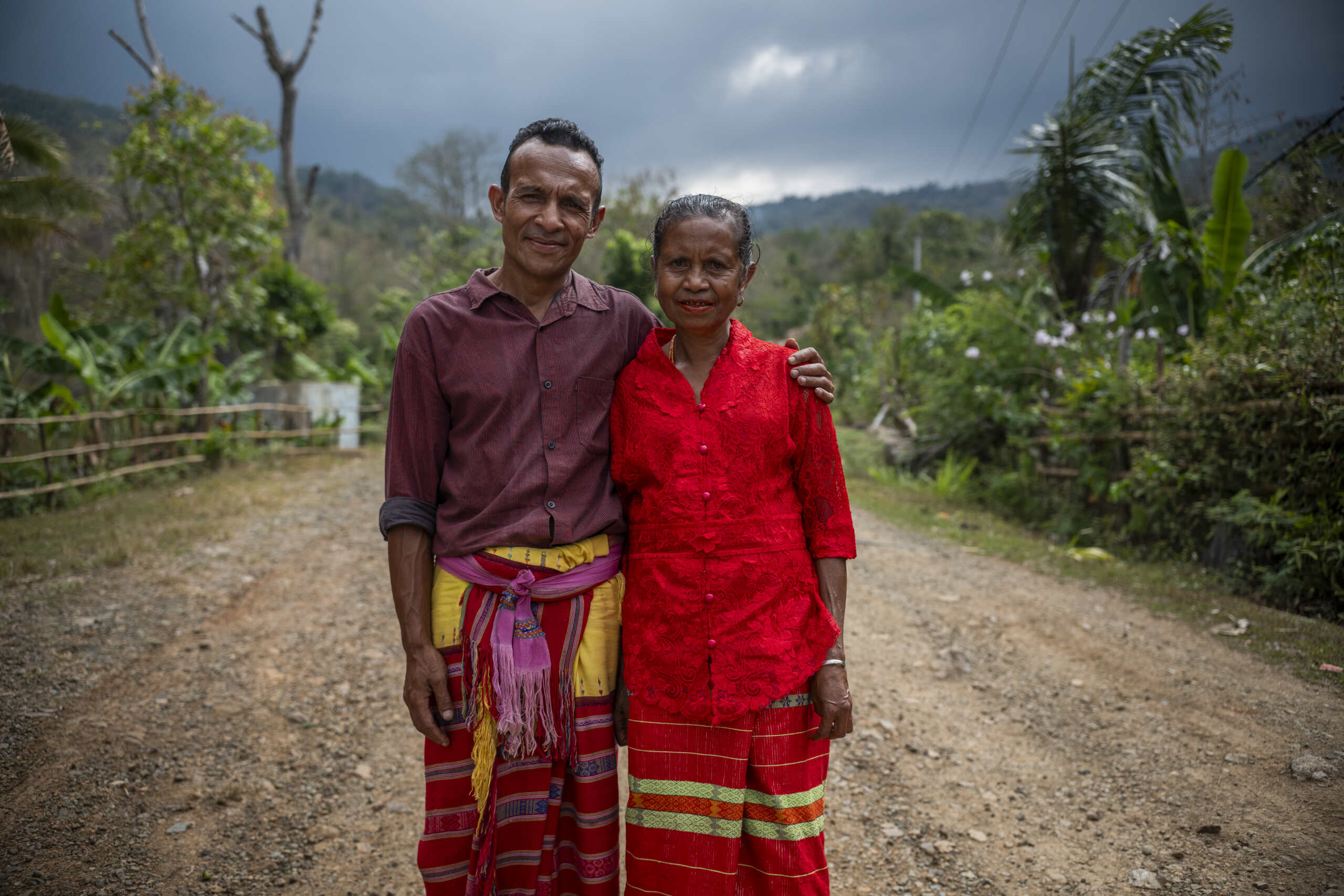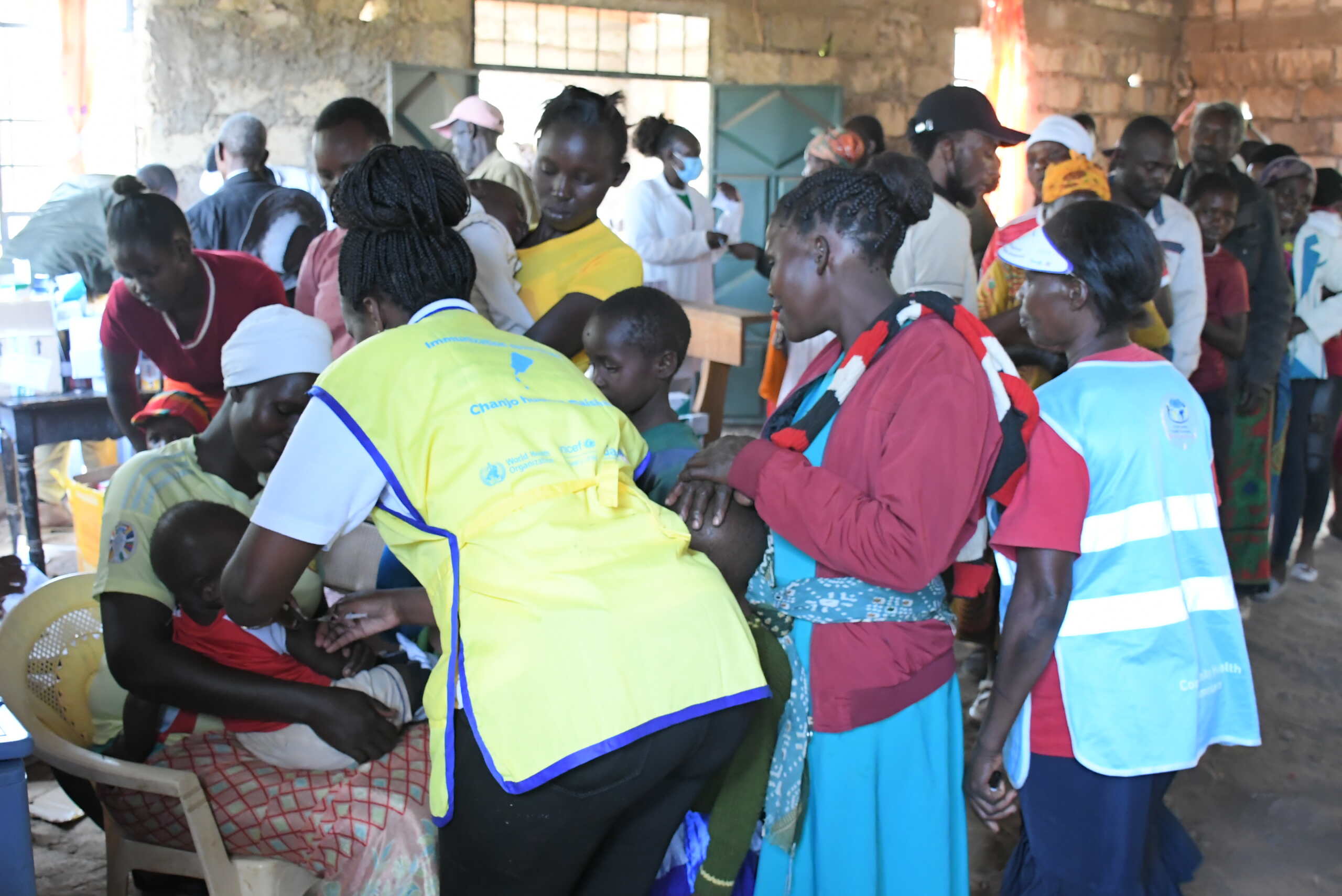People are not starving, they are being starved
Stories | January 17, 2022
CBM has joined over 260 humanitarian agencies around the world to warn that rising hunger levels are going to lead to famines unless urgent action is taken. CBM knows from experience that people with disabilities are the most vulnerable during crisis.
The letter, which addresses world leaders as the “main duty-bearers”, calls for the immediate injection of $5.5 billion for food assistance to reach more than 34 million people around the globe who are a step away from famine. This assistance must begin immediately and reach the people most in need as directly as possible, now, so they can take action to feed themselves today and in the future. All countries should contribute their full and fair share, without diverting resources from meeting other pressing humanitarian needs.
CBM is a signatory to the letter, which states, “every day, we work with people who are fully capable of producing or earning enough to feed themselves and their families. These people are not starving, they are being starved. These girls and boys, men and women, are being starved by conflict and violence; by inequality; by the impacts of climate change; by the loss of land, jobs or prospects; by a fight against COVID-19 that has left them even further behind”.
The letter, published in The Guardian this week, goes on to say, “every day, we see that it is women and girls who suffer the most.
“Every day, we share stories and evidence of hunger, starvation, and increasing humanitarian needs. Yet this does not prompt urgent action or sufficient funding. The widening gap between the great needs we face and the limited assistance we are able to provide threatens to steal what hope remains. We cannot allow all hope to be lost”.
https://www.cbm.org.au/stories/people-are-not-starving-they-are-being-starved
Related Stories

How CBM is making a difference in Indonesia
For more than 45 years, CBM Global has been working alongside communities in Indonesia to ensure people with disabilities...

Coordinating inclusive health outreach in Meru County
For many households in Meru’s rural and remote areas, basic health services are physically...

Share your advocacy preferences with us
Thank you for helping us to advocate for the one billion people with disability globally. CBM Australia advocate across...
